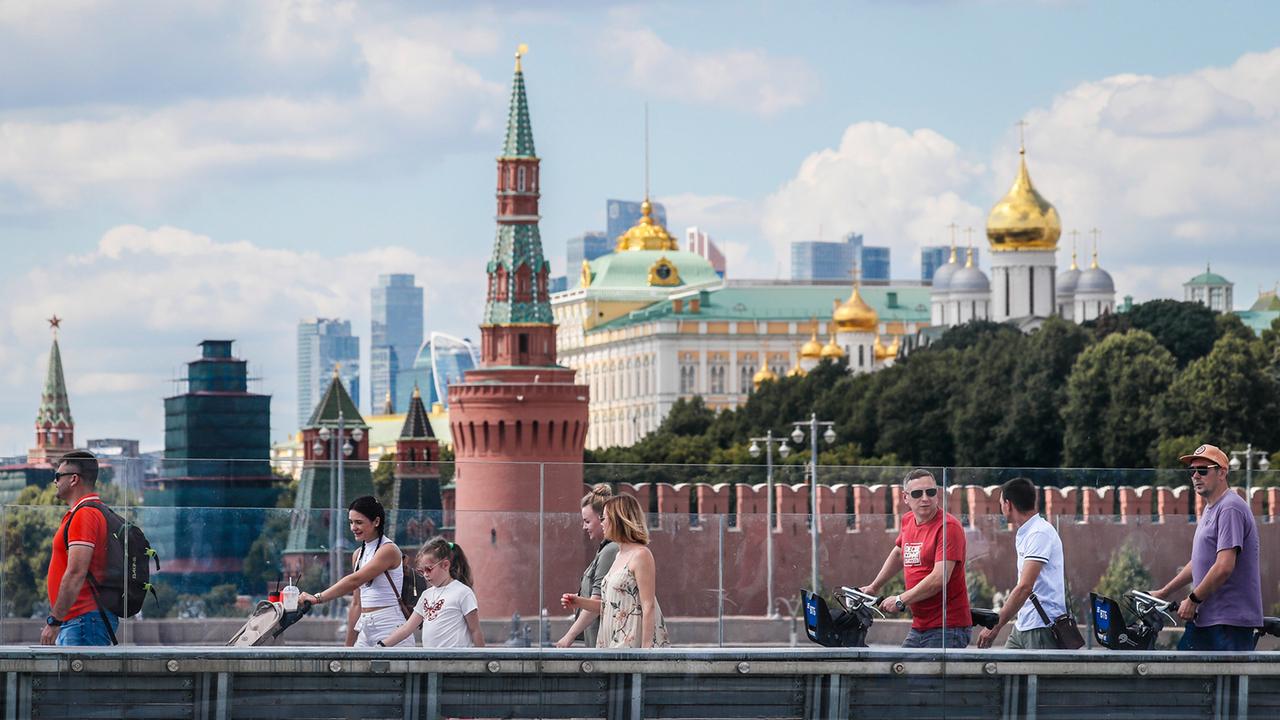Since the beginning of the war, Russia's budget has been running into huge deficits. Now the government is planning the biggest tax increase in decades: companies and top earners will have to pay more to the state in the future.
After more than two years of war against Ukraine, Russia's government wants to impose higher taxes on large incomes and corporate profits. The Finance Ministry in Moscow published key figures announced by Kremlin chief Vladimir Putin. According to this, taxes on corporate profits are to rise from 20 to 25 percent.
Taxes on income will rise gradually: for annual incomes between five and 20 million rubles (around 51,000 to 206,000 euros), the tax rate will rise from 15 to 18 percent. Between 20 and 50 million rubles, 20 percent will be due, and from 50 million onwards, the top tax rate will be 22 percent – seven points more than before.
In future, citizens will have to pay 15 percent instead of 13 percent on income between 2.4 million and five million rubles. People who earn less than 2.4 million rubles (about 25,000 euros) will continue to pay 13 percent tax.
Soldiers in war zones, who earn comparatively high wages, are exempt from the changes, as are the self-employed. The increases would bring in the equivalent of around 27 billion euros per year, reported the Russian news agency Interfax, citing calculations by the Finance Ministry.
Significant deficit since the beginning of the war
Since Russian troops invaded Ukraine in February 2022, government spending has significantly exceeded revenue. Russia recorded a budget deficit of the equivalent of about 68 billion euros in 2022 and 2023.
Since the beginning of the war, the reserves in the National Prosperity Fund (NWF) have shrunk by about half, and liquid assets were recently at the equivalent of about 50 billion euros. The money from the fund was repeatedly used to balance the budget deficit.
Biggest tax increase in decades
This is the largest tax increase under Putin's rule. The measures still have to be approved by parliament, but this is considered a formality.




